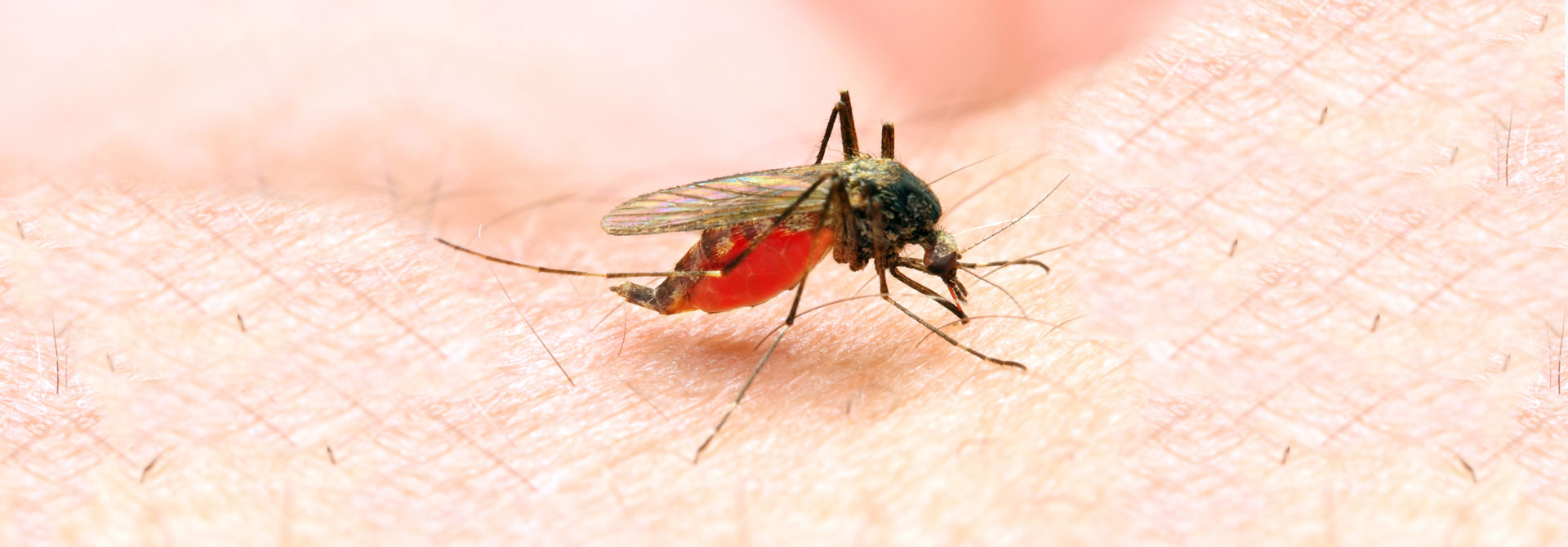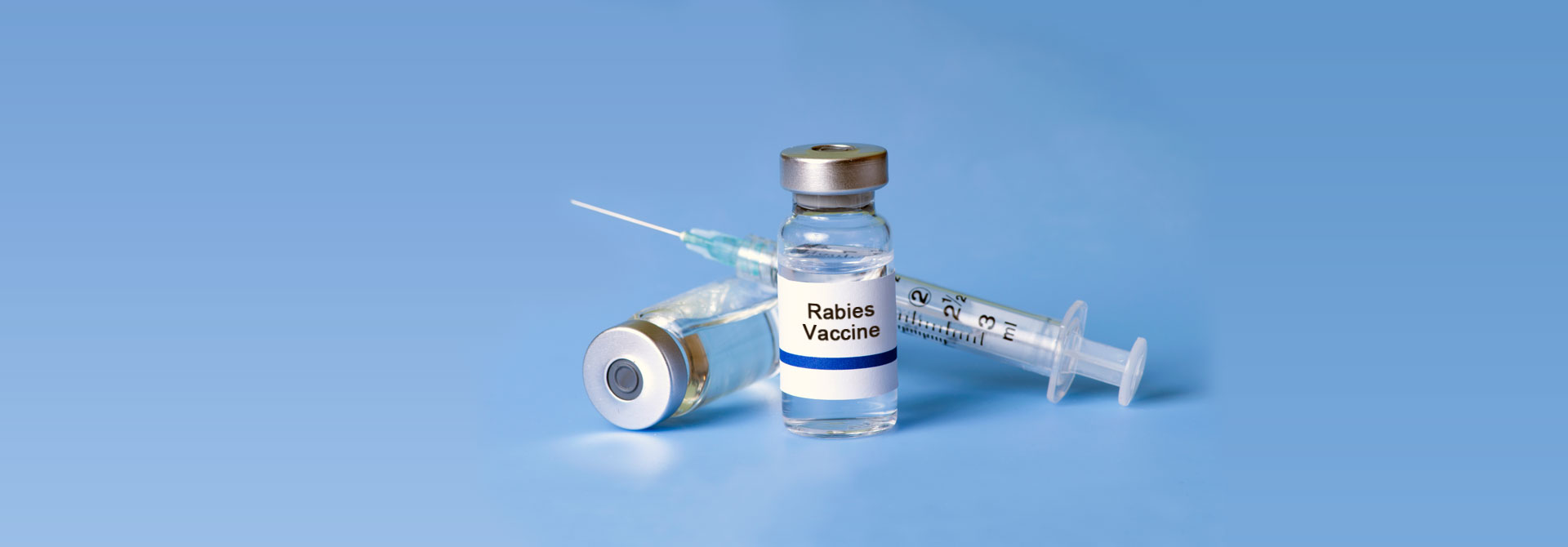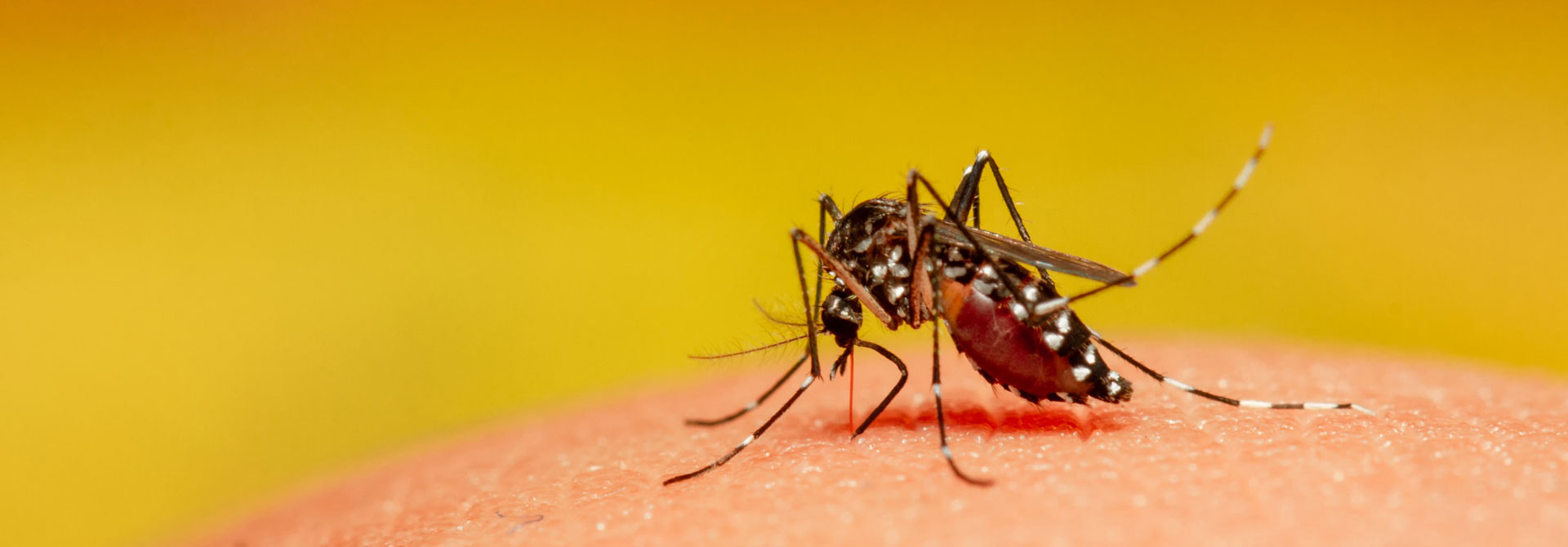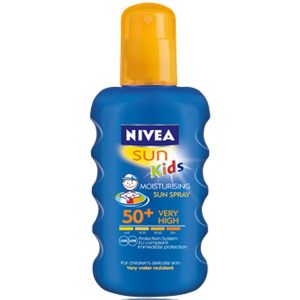Open Monday to Saturday from 9:00am to 9:00pm and Sunday 11:00am to 4:00pm
TRAVEL CLINIC at SuperCare Pharmacy
-
Travel Clinic - Vaccinations & Services
If you are planning to travel outside the UK, you may need to be vaccinated against some of the serious diseases found in other parts of the world that you could be exposed to whilst travelling abroad.
Travel Clinic
Through a private consultation, our trained professionals can advise you on the travel vaccinations you would require for your destination(s), to ensure you are protected and healthy during your trip. Wherever you are travelling to, we can provide you with a full range of health and travel advice, preventative treatment such as travel vaccines, tablets, other medicines and products such as anti-malaria medicines, insect repellents (DEET and Alcohol free), diarrhoea relief, water purification tablets, etc.
Our trained professionals can administer travel vaccinations and provide anti-malarial medicine to both adults and children.
Travel jabs
You can also find out which travel jabs are necessary or recommended for the areas you will be visiting on the official NaTHNaC website TravelHealthPro. You can use the filter search to find information on your specific destination(s) with risk alerts and vaccine recommendations by country. For up to date information on disease outbreaks and incidents worldwide, click here for Outbreak Surveillance.
Your travel itinerary and length of stay will better determine the right travel jabs for you, therefore a consultation with one of our trained professionals is essential. Individuals travelling for work purposes receive occupational health advice with appropriate health immunisations in addition to their travel consultation and vaccinations.
Consultations are free of charge, and for our treatment prices please see our Travel Clinic Pricing Section.
If you are a British traveller and have not had your MMR (Measles, Mumps & Rubella) and Tuberculosis jabs as part of UK’s childhood vaccination programme, we would advise immunisation.
Travel Vaccination Certificates
Some countries require you to have an International Certificate of Vaccination or Prophylaxis (ICVP) before you enter.

For example, Saudi Arabia requires proof of vaccination against certain types of meningitis for visitors arriving for Hajj Vaccination and Umrah Vaccination, Pakistan requires proof of Polio vaccination if you are planning to stay for over 4 weeks, and many tropical countries in Africa and South America will not accept travellers unless they can prove that they have received the Yellow Fever vaccine.
We provide all necessary certificates with your vaccination.
We keep a complete manual and electronic record of each vaccination administered; so, in the event of a lost certificate, we can trace our records and reissue another certificate at a small cost without the need of another vaccination.
Vaccinations – Treatments – Services
These come as a course of tablets. The regime will depend on the type of tablets and the length of stay in the malaria risk area. In addition, the area you travel to will determine which type of anti-malarial will work. During your appointment, will thoroughly discuss these with you.Anti-Malarials
Available as an oral course of two, which lasts for up to 2 years.Cholera
The DTP vaccine is required every 10 years and is offered as a single dose injection which covers diphtheria, tetanus and polio.Diphtheria, Tetanus and Polio (DTP)
2 injections are required for a 25 year protection, ideally 6-12 months apart.Hepatitis A
For full protection, you will need 3 injections as a course over 6 months. Accelerated course schedules are available, however the accelerated courses are not normally recommended for individuals requiring the vaccine for occupational health purposes.Hepatitis B
Course of two injections 28 days apart. Boosters are required every 1 to 2 years.Japanese Encephalitis
A single dose is required every five years. Certificate of immunisation is required for entry to some countries, for example Hajj Vaccination and Umrah Vaccination pilgrims require proof of immunisation with their visa applications. Certificate of immunisation is valid for 5 years.Meningitis ACWY
3 doses over a month on days 1, 7 and then between days 21 and 28.Rabies
Course of 3 doses at month 1, 3 and 5. For accelerated protection, the second dose can be given as little as 14 days after the first. Get your first booster within three years, then every 3 to 5 years.Tick-borne Encephalitis
Single dose required every 3 years.Typhoid
Single dose given once in a lifetime. A certificate of immunisation is required for entry to some countries and is valid from the 10th day of vaccination. We keep a complete manual and electronic record of each vaccination given. In the event of a lost certificate, we can trace our records and reissue another certificate at a small cost without the need for another vaccination. We are a designated Yellow Fever Vaccination Centre and have been authorised by NaTHNaC (as the regulatory body for England, Wales and Northern Ireland), to administer yellow fever vaccine in accordance with International Health Regulations (2005).Yellow Fever
-
Hajj & Umrah Vaccinations
Hajj, the annual pilgrimage to Makkah (Mecca), in the Kingdom of Saudi Arabia (KSA) is one of the largest gatherings of its kind in the world.
The Ministry of Health of Saudi Arabia issue their requirements and recommendations for Hajj and Umrah annually.
Performing the rituals of the Hajj and Umrah is demanding and often involves walking long distances in hot weather. Pilgrims must ensure that they are as physically fit as possible.
All pilgrims who intend to undertake Hajj or Umrah and seasonal workers, are required to provide a valid vaccination certificate with a Quadrivalent (ACWY) meningococcal vaccine administered no less than 10 days prior to arrival in KSA in order to obtain a visa for entry.
You should aim to get the ACWY jab at least two weeks before you travel. The course consists of one dose, Injected in the upper arm. Boosters aren’t currently recommended. However, you can get a booster five years after your last jab if you need it for a meningitis ACWY certificate. The certificate becomes valid 10 days after vaccination.
We keep a complete manual and electronic record of each vaccination administered; so, in the event of a lost certificate, we can trace our records and reissue another certificate at a small cost without the need of another vaccination.
Students: It is especially recommended that students attending university for the first time receive a single dose of Meningitis ACWY.
The ACWY vaccine can cause mild side effects, such as redness and swelling at the injection site and tiredness. Some people also report having a high temperature as a result of the injection. In children, the vaccine can be given from birth.
Additional precautions: Early treatment is vital – if you or a fellow traveller show symptoms of meningitis, seek medical attention immediately. The ACWY vaccine does not protect against meningitis B.
Influenza is easily transmitted in crowded conditions. Where travel cannot be avoided, pilgrims in clinical risk groups for influenza should receive influenza vaccine annually from their usual healthcare provider.
-
Travel Clinic - Prices
Antimalarials
-
Doxycycline 100mg
Pack of 8 Tablets£6.00 -
Doxycycline 100mg
Pack of 50 Tablets£37.50 -
Atovaquone/Proguanil 250mg/100mg (Adult)
Pack of 12 Tablets£45.00 -
Atovaquone/Proguanil 62.5mg/25mg (Paediatric)
Pack of 12 Tablets£20.00 -
Avloclor 250mg
Pack of 20 Tablets£20.00 -
Mefloquine 250mg
Pack of 8 Tablets£30.00 -
Paludrine/Avlocor 100mg/250mg (Travel Pack)
Pack of 112 Tablets£25.00
Antimalarials come as a course of tablets. The regime will depend on the type of tablets and the length of stay in the malaria-risk area. In addition, the area you travel to will determine which type of anti-malarial will work. During your appointment, will thoroughly discuss these with you.
Vaccines
-
Cholera (oral vaccine)
Box of 2 Courses£65.00 -
Diphtheria Tetanus Polio
Single Dose£30.00 -
Hepatitis A Adult
Single Dose£50.00 -
Hepatitis A Paediatric
Single Dose£40.00 -
Hepatitis B Adult
Course of 3£45.00 -
Hepatitis B Paediatric
Course of 3£35.00 -
Hepatitis A & Typhoid Combined
Single Dose£85.00 -
Hepatitis A & B Combined Adult
Course of 3£75.00 -
Hepatitis A & B Combined Paediatric
Course of 3£45.00 -
Japanese Encephalitis
Course of 2£90.00 -
Meningitis ACWY
Single Dose£45.00 -
Meningitis ACWY Certificate Reissue
Per Issue£10.00 -
Rabies
Course of 3£65.00 -
Tick Borne Encephalitis Adult
Course of 3£70.00 -
Tick Borne Encephalitis Paediatric
Course of 3£65.00 -
Typhoid
Single Dose£40.00 -
Yellow Fever
Single Dose£65.00 -
Yellow Fever Certificate Only for Exemption/Reissue
Per Issue£25.00
-
Doxycycline 100mg
-
Health Immunisations
Through a private consultation, our trained professionals can advise and provide a range of health immunisations. We conduct a full medical history and advise you on the immunisations and/or boosters that you require. Some of the health immunisations we offer are listed below. If you are looking for a specific immunisation or health check not listed on our website, please call us on 020 8590 1819 or Contact Us via our website and we may be able to assist you. The Occupational Health Services gives a scope of services to secure wellbeing at work, evaluate and prompt on wellness for work and to guarantee medical problems are effectively managed. The cost of each immunisation can vary. For charges please see our Health Immunisations Pricing Section.
Vaccinations – Treatments – Services
The BCG injection (Bacillus Calmette-Guérin vaccine) protects against Tuberculosis, commonly known as TB. TB is a serious infection which affects the lungs, but it can affect other parts of the body such as the bones, joints and kidneys. It can also cause meningitis. The best way of TB prevention is the BCG vaccine for children. BCG is not given as part of the routine NHS childhood vaccination schedule unless a baby is thought to have an increased risk of coming into contact with TB. This includes all babies born in some areas of inner-city London where TB rates are higher than in the rest of the country. We offer the BCG Injection to babies and children up to 5 years of age if not previously vaccinated, and to adults who have not previously been vaccinated but can present a recent Mantoux test report.BCG (Tuberculosis)
This protects against the varicella zoster virus that causes chickenpox. The vaccine is given as two separate injections, usually into the upper arm, four to eight weeks apart. It is recommended for certain individuals, such as healthcare workers and people who come into close contact with someone who has a weakened immune system. This is to lower the chances of infecting those at risk.Chickenpox (varicella)
You can get infected with hepatitis B if you have contact with an infected person’s blood or other body fluids. For full protection, you will need three injections of hepatitis B vaccine over four to six months. Five year boosters are recommended for anyone thought to be at continuing risk of infection. People at risk of hepatitis B and who should therefore consider vaccination are:Hepatitis B
- People who inject drugs or have a partner who injects drugs
- Men who have sex with men
- People who change their sexual partners frequently
- Babies born to infected mothers
- Close family and sexual partners of someone with hepatitis B
- People with any form of liver disease
- Anyone who receives regular blood transfusions or blood products
- People with chronic kidney disease
- People travelling to high-risk countries
- Male and female sex workers
- People who work somewhere that places them at risk of contact with blood or body fluids, such as nurses, prison staff, doctors, dentists and laboratory staff
- Prisoners
- Families adopting/fostering children from high-risk countries
The HPV vaccine, also known as the Cervical Cancer Vaccine is usually given to girls over the age of 12 and up to the age of 18. According to Cancer Research UK, cervical cancer is the second most common cancer in women under the age of 35. In the UK, 2,900 women a year are diagnosed with cervical cancer, that’s around eight women every day. It’s estimated that about 400 lives could be saved every year in the UK as a result of vaccinating girls before they are infected with HPV. The HPV vaccine consists of two injections into the upper arm spaced at least six, and not more than 24 months apart. Research has indicated that the HPV vaccine protects against cervical cancer for at least 20 years.HPV
Flu vaccination by injection, commonly known as the “flu jab” is to protect adults (and some children) at risk of flu and its complications. Flu can be unpleasant, but if you are otherwise healthy it will usually clear up on its own within a week. However, flu can be more severe in certain people, such as:Influenza
- Anyone over the age of 65
- Pregnant women
- Children and adults with an underlying health condition (particularly long-term heart or respiratory disease)
- Children and adults with weakened immune systems
Anyone in these risk groups is more likely to develop potentially serious complications of flu, such as pneumonia (a lung infection), so it’s recommended that they have a flu vaccine every year to protect them.
MMR is a safe and effective combined vaccine that protects against 3 separate illnesses – measles, mumps and rubella (German measles) – in a single injection. The full course of MMR vaccination requires 2 doses.MMR - Measles/Mumps/Rubella
Meningitis and septicaemia caused by meningococcal group B bacteria can affect people of any age, but is most common in babies and young children. Meningococcal infections can be very serious, causing meningitis and septicaemia (blood poisoning), which can lead to severe brain damage, amputations and, in some cases, death. The Meningitis B vaccine will protect your baby against infection by meningococcal group B bacteria, which are responsible for more than 90% of meningococcal infections in young children. Babies given the Meningitis B vaccine alongside their other routine vaccinations at two and four months are likely to develop fever within the first 24 hours after vaccination. It’s important that you give your baby liquid paracetamol following vaccination to reduce the risk of fever. We will give you more information and advice at your vaccination appointment. Other common side effects include irritability and redness and tenderness at the injection site. The liquid paracetamol will also help with these symptoms. The schedule below shows the age and number of doses for the Meningitis B vaccine as recommended:Meningitis B
Age Group Primary dose series Interval Booster? 2-5 months 3 No less than 1 month Yes, at 12-15 months. In case of delay no later than 24 months Unvaccinated infants 6-11 months 2 No less than 2 month Yes, at 12-23 months with an interval of at least 2 months after the last primary dose Unvaccinated children, 12-23 months 2 No less than 2 month Yes, between 12-23 months after the last primary dose Children, 2-10 years 2 No less than 2 month No need yet established Those over 11 years 2 No less than 1 month No need yet established The Meningitis C (commonly called the Men C) vaccine protects against infection by meningococcal group C bacteria, which can cause two very serious illnesses, meningitis and septicaemia. Meningococcal disease can affect all age groups, but the rates of disease are highest in children under the age of 5, mainly babies under the age of 1. There’s a second peak in cases in young people aged between 15 and 19. The disease tends to strike in winter. Anyone, especially university students under the age of 25 who haven’t yet received a Men C vaccination should take a single catch-up dose to prevent the disease. The Men C vaccine works very well and has slashed the levels of Men C disease. In fact, since the Men C vaccine was introduced in 1999, there has been a 95% decrease in cases of disease caused by meningitis C.Meningitis C
Cases of meningitis and septicaemia (blood poisoning) caused by Men W bacteria are rising, due to a particularly deadly strain. Older teenagers and university students are at high risk of infection because many of them mix closely with lots of new people, some of whom may unknowingly carry the meningococcal bacteria. Young teenagers, sixth formers and ‘fresher’ students going to university for the first time are advised to have a vaccination to prevent meningitis W disease ideally before the start of or in the first few weeks of the academic year. The highest risk of meningitis is in the first year of university, particularly the first few months. As the Men ACWY vaccine is being targeted at those at highest risk, students in their second year or above of university are not included in this vaccination programme. The Men ACWY vaccine is given by a single injection into the upper arm and protects against four different causes of meningitis and septicaemia – meningococcal (Men) A, C, W and Y diseases.Meningitis ACWY
The pneumococcal polysaccharide vaccine (PPV) is given to people aged 65 and over, and to people at high risk due to long term health conditions. The pneumococcal vaccine protects against pneumococcal infections, which are caused by the bacterium Streptococcus pneumoniae and can lead to pneumonia, septicaemia (a kind of blood poisoning) and meningitis. Pneumococcal infection can affect anyone.Pneumococcal (PPV)
The Shingles vaccine is for individuals aged 50 and above. Also known as herpes zoster, Shingles is a painful skin rash caused by the reactivation of the chickenpox virus (varicella-zoster virus) in people who have previously had chickenpox. It begins with a burning sensation in the skin, followed by a rash of very painful fluid-filled blisters that can then burst and turn into sores before healing. Often an area on just one side of the body is affected, usually the chest but sometimes the head, face and eye.Shingles
-
Health Immunisations - Prices
-
BCG Vaccine
Single Dose£80.00 -
Chickenpox
Course of 2£70.00 -
Hepatitis B Adult
Course of 3£45.00 -
Hepatitis B Paediatric
Course of 3£35.00 -
HPV (Gardasil)
Course of 2-3£150.00 -
Influenza vaccine
Single Dose£15.00 -
Influenza nasal spray
Single Dose£25.00 -
MMR (Measles/Mumps/Rubella)
Course of 2£40.00 -
Meningitis ACWY
Single Dose£45.00 -
Meningitis B
Course of 2-3£130.00 -
Pneumococcal polysaccharide vaccine (PPV)
Single Dose£30.00 -
Pneumococcal conjugate vaccine (PCV)
Single Dose£70.00 -
Shingles
Single Dose£150.00 -
Hay Fever Injection
Single Dose£70.00 -
Whopping Cough
Single Dose£80.00
-
BCG Vaccine
-
Destination Map
-
Book your Vaccination Consultation
-
Every visit is pleasant. They always have my repeat medicines ready and the pharmacist always make sure that I understand my medicines and how and when to take them.
-
Very Good pharmacy, always make me feel comfortable when I collect my medicine. The Pharmacist is always happy to discuss any questions I have about my medication.
-
I recently visited Supercare Pharmacy for vaccinations (Travel); the pharmacist provided me with lots of useful information and then administered the vaccination.
-
Everyone is extremely friendly and professional. Clean and clear pharmacy with well organised layout. Good advice and guidance from the staff.












